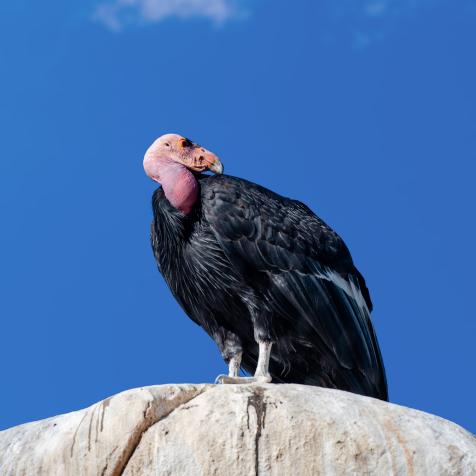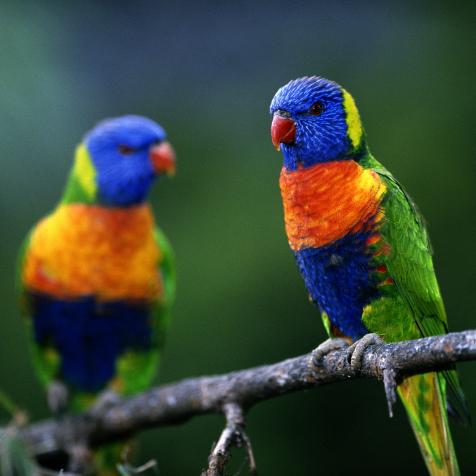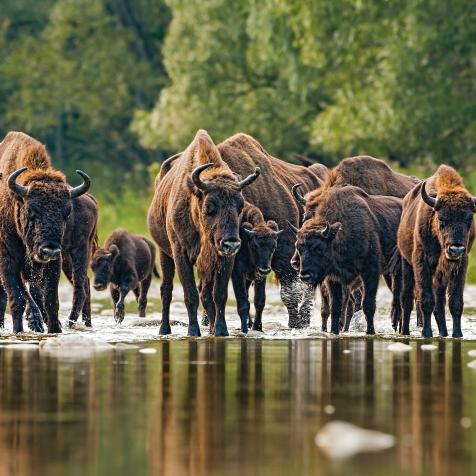
Are The Birds Getting Louder?
From the pages of The Explorers Journal, contributing editor Nick Smith gets to the bottom of a global pandemic phenomenon.
When the guns fell quiet on the Western Front just over a century ago, one of the first things that the frontline soldiers of the First World War noticed was that, among the silence of the cease-fire, they could hear bird song. It’s such an enduring image of peace that Sebastian Faulks used the word as the title of his Great War novel Birdsong. Likewise, one of the curious changes we started to notice in our lockdown world was, as many have observed, the birds are actually getting louder. “Not entirely true,” says ornithologist Bill Oddie, who explained to me that what was really going on was that, due to the reduction in background noise, birds only seemed to be louder, and that actually, the very opposite is true.
Scientific data suggests that with a reduction in anthropogenic noise, birds are actually getting quieter, simply because they no longer have to compete sonically with the internal combustion engine to defend their territories and attract mates.
Henrik Brumm of the Max Planck Institute for Ornithology in Germany compares the situation with humans having to raise their voice in crowds or other noisy environments. Brumm’s research has shown that birds respond within 300 milliseconds to a change in background noise and adjust accordingly: “When their surroundings become louder, they sing louder,” he says. His research has also shown that birds sing more quietly during the early weekend mornings when there tends to be less road traffic.
The fact that the beginning of the global lockdown coincided with the spring mating season also means that we may be in for a new generation with a greater number of birds, and one with far healthier hatchlings.
A recent study at the Max Planck Institute has shown that road noise has a negative effect on embryo development and mortality in zebra finches. While the net effect is that the increased bird population just might produce more noise than the pre-lockdown population, Brumm is hesitant to speculate. “It stands to reason,” he says, that the current period of quiet could mean that individual birds might “be singing more softly than usual.”
This story originally appeared in the pages of The Explorers Journal, the official quarterly of The Explorers Club since 1921. From vast ocean depths to the frontiers of outer space, The Explorers Journal offers readers first-hand reporting from those pushing the limits of knowledge and human endurance. For more stories, subscribe today.



















